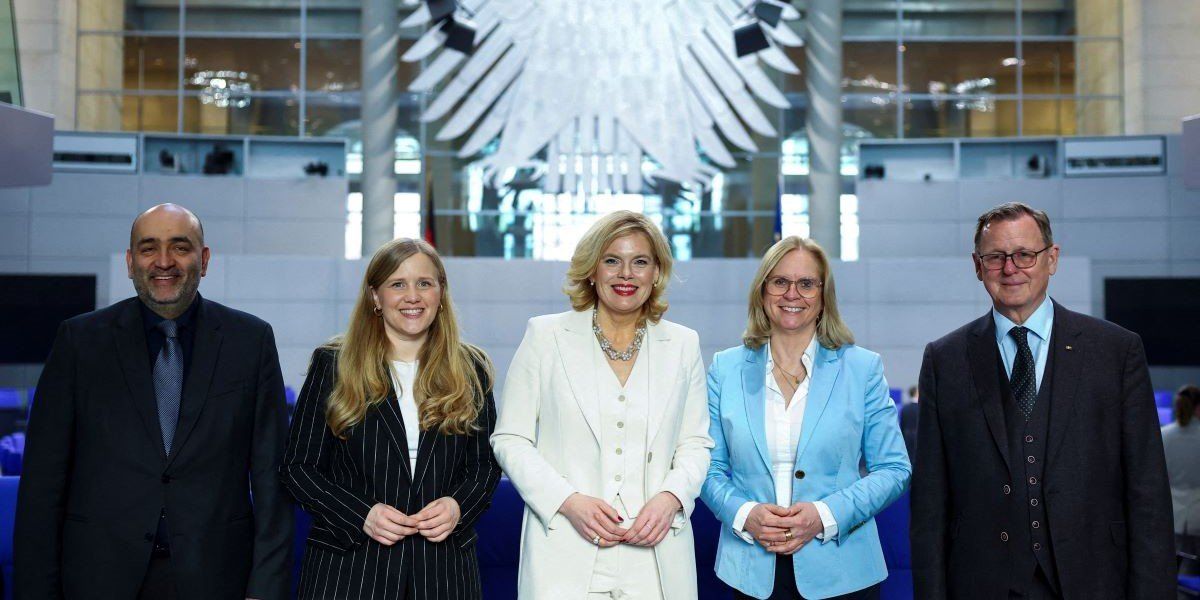Inaugural session of the German lower house of Parliament, the Bundestag, in Berlin
REUTERS
On Tuesday, newly elected members of the Bundestag took their oaths and their seats at ahistoric moment for Germany. Friedrich Merz of the center-right CDU/CSU remains in talks with the center-left SPD in hopes of forming a government in the coming weeks. This next government, which Merz will lead as chancellor, must revive a limping domestic economy, shift Germany’s energy supply, and rebuild broken infrastructure while meeting the urgent security challenges posed by Russian aggression on one side and an American retreat from the transatlantic relationship on the other. A constitutional change authored by the previous government has enabled a strong surge in state spending that can spur major new investments in all these projects.Who are the new lawmakers who can advance or obstruct progress on these goals? This will be the first Bundestag in which the populist-nationalistAlternative für Deutschland, or AfD, is the largest opposition party. The AfD doubled its representation at the last election and now holds 152 of the parliament’s 630 seats. Another winner from the last election: The far-left Die Linke party now has 64 seats. The AfD (right) and Die Linke (left) sit at opposite ends of the political spectrum, but they agree on some priorities that can help them try to obstruct the new chancellor’s agenda.
